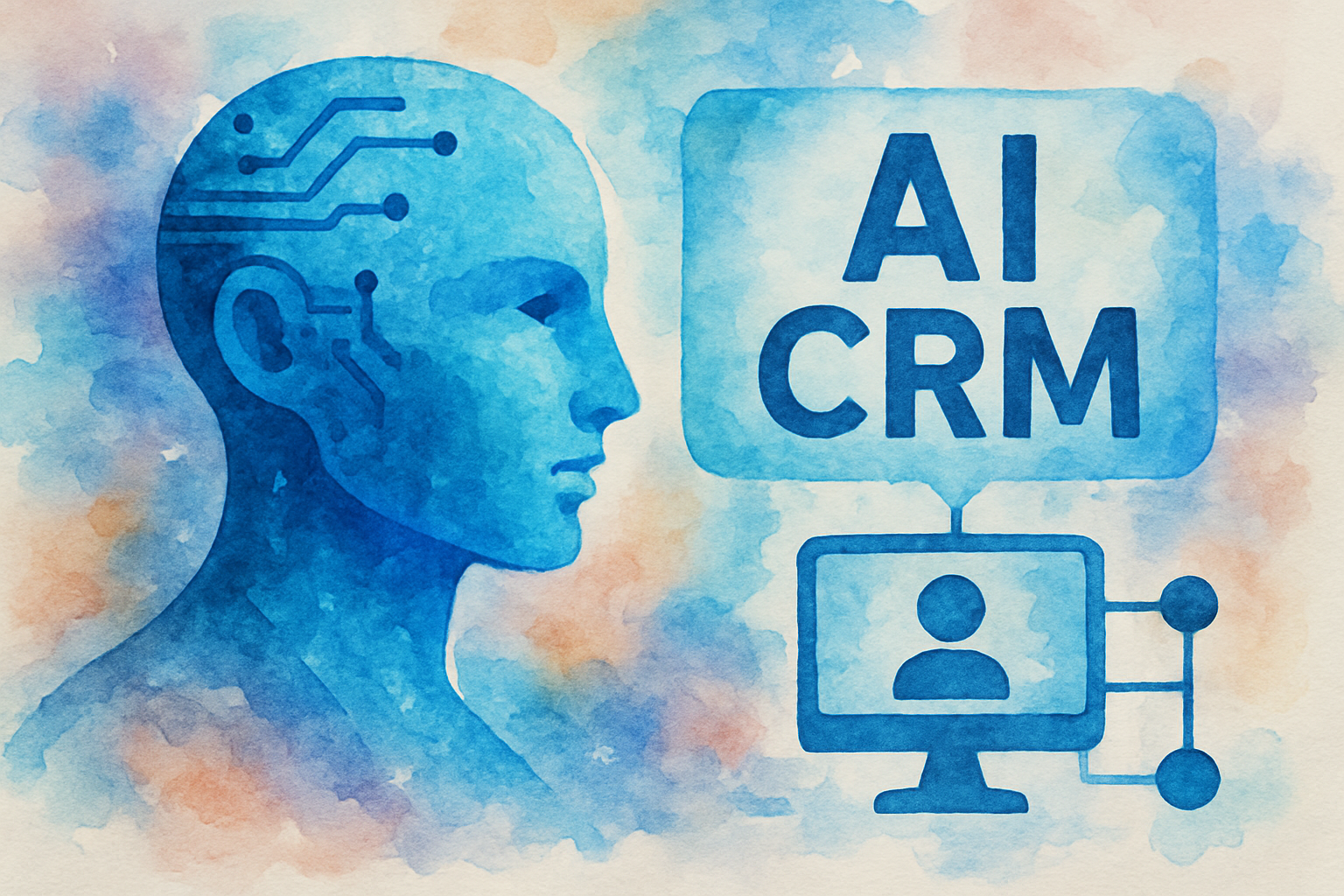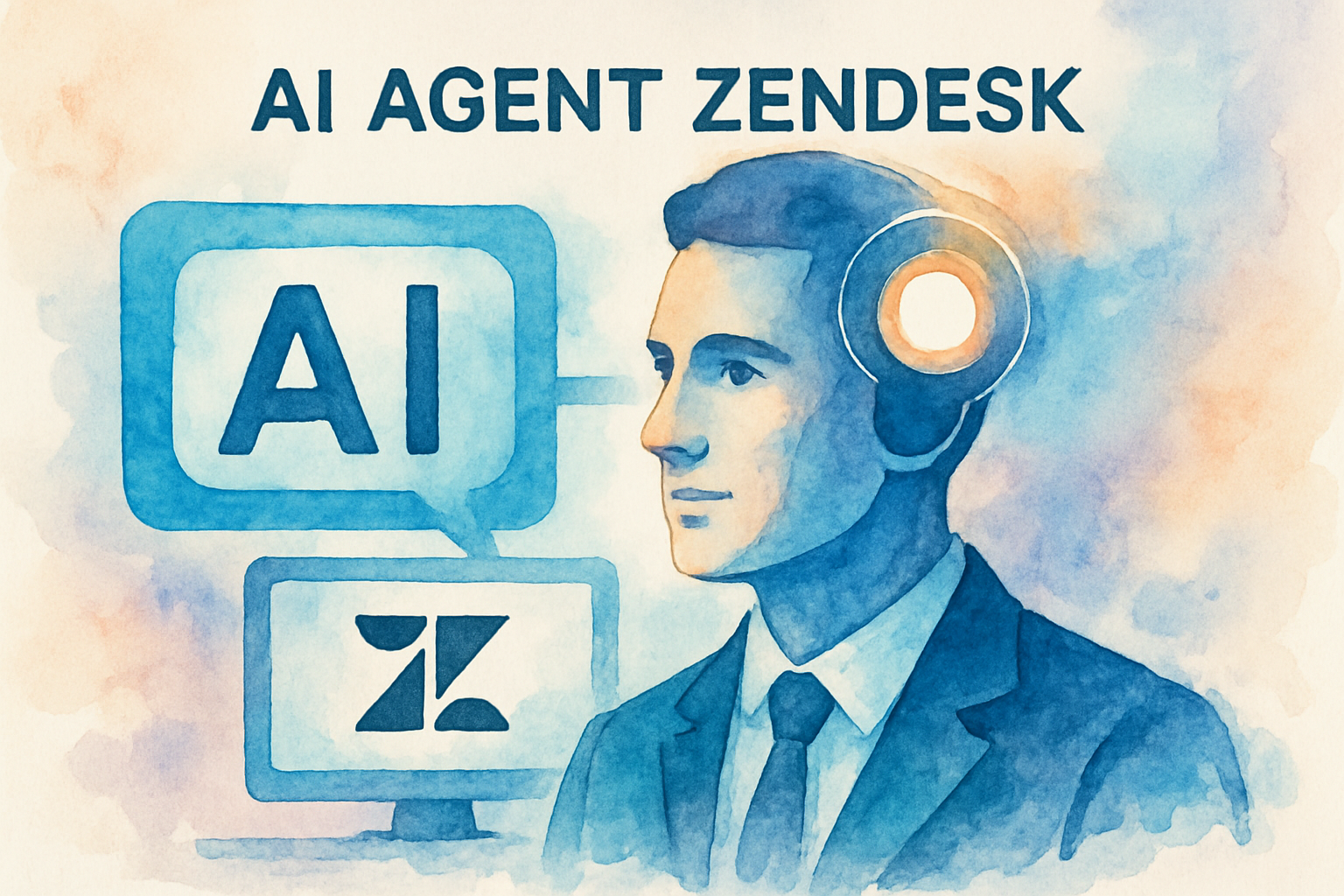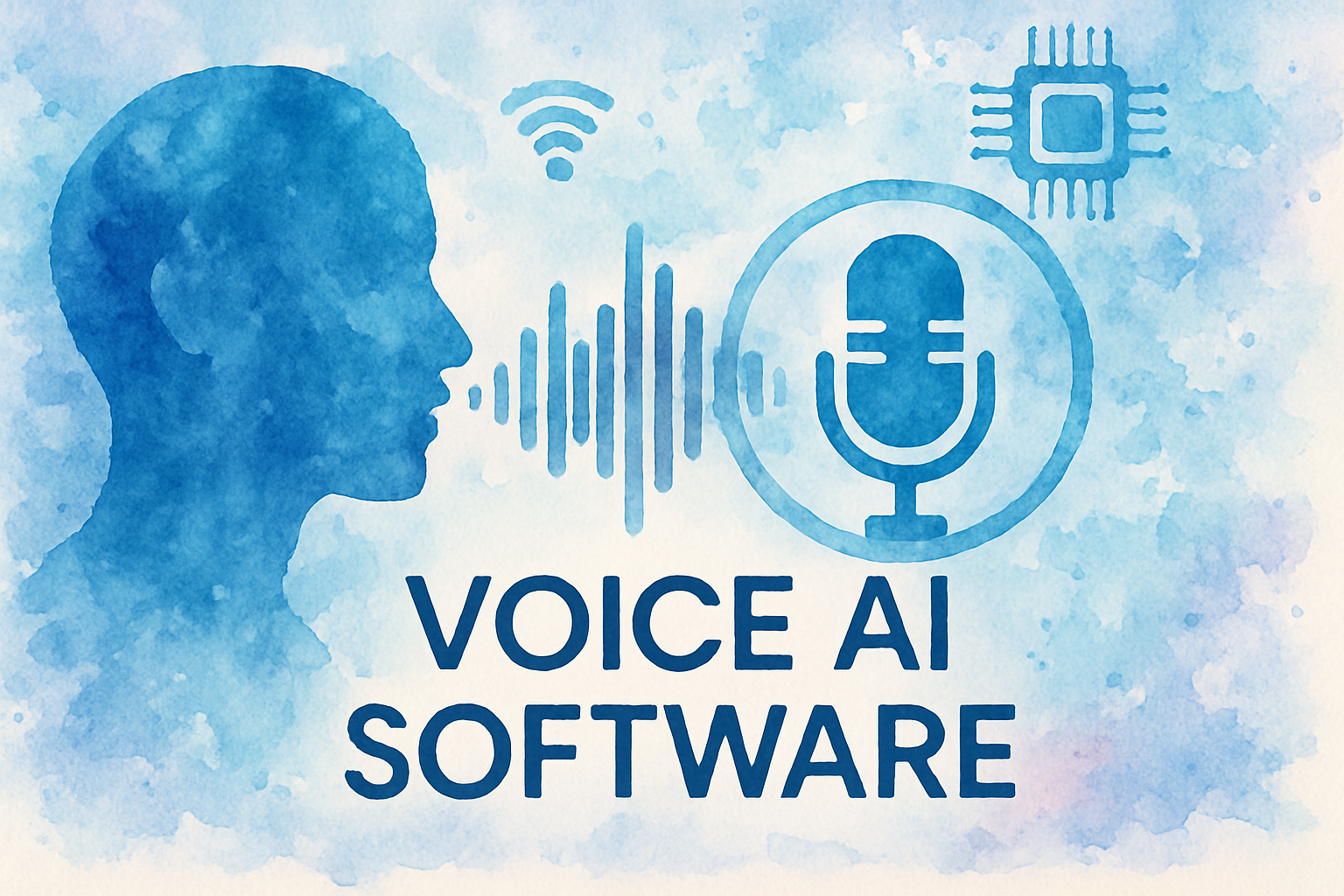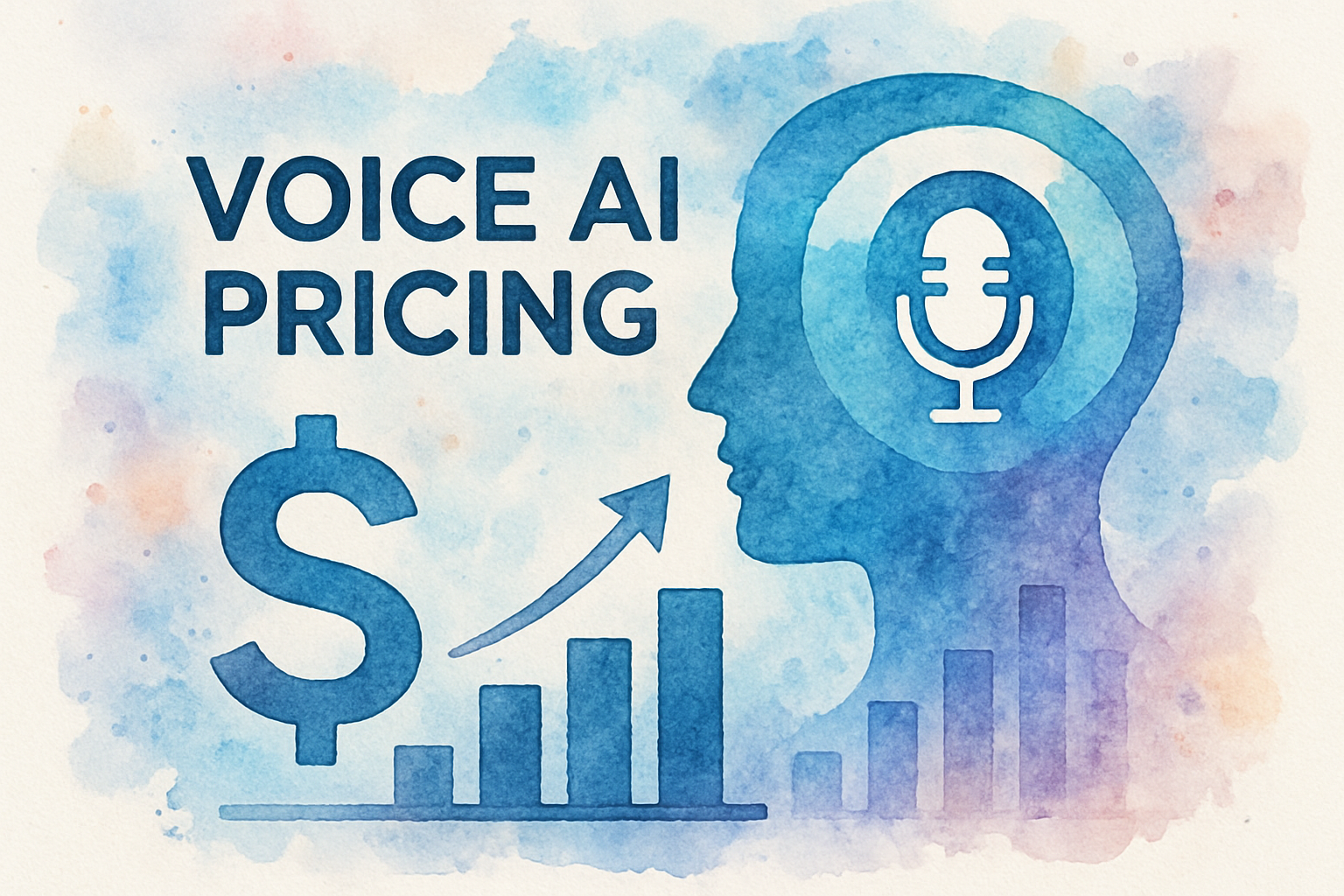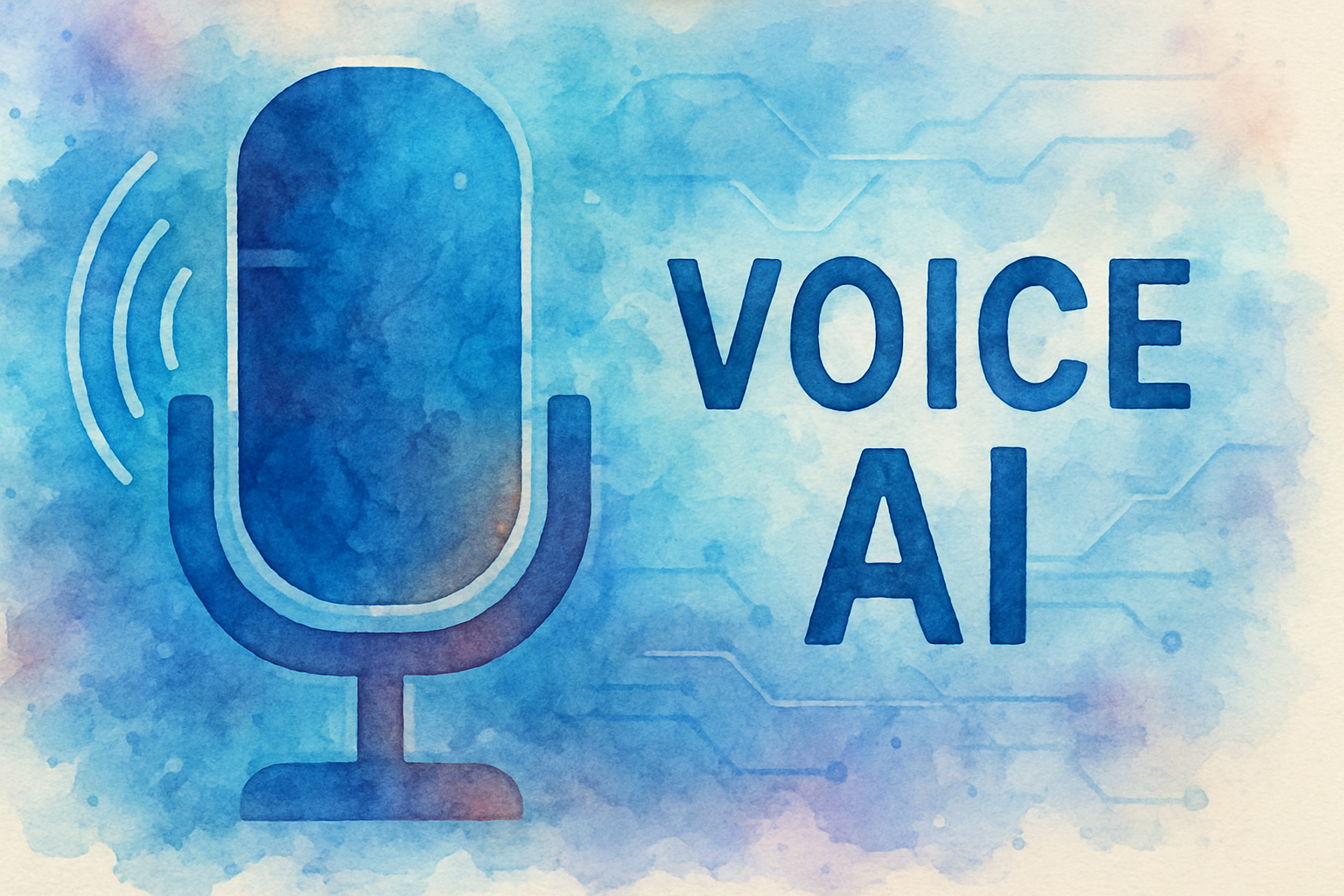1. How much does it cost to implement a WhatsApp AI chatbot for my Malaysian business?
The cost of implementing AI-powered messaging varies depending on factors such as complexity, features, and user volume. Generally, you can expect to invest anywhere from RM2,000 to RM20,000 monthly, depending on your requirements. For detailed pricing information, refer to WhatsApp Business API pricing guides specific to the Malaysian market.
2. Can AI-powered messaging handle payments and transactions?
Yes, intelligent automation systems can be integrated with payment gateways to facilitate secure transactions within the chat interface. This feature allows businesses to offer a seamless shopping experience, from product selection to payment processing, all within the WhatsApp platform.
3. How long does it take to implement an automated messaging solution?
The implementation timeline typically ranges from 4-12 weeks, depending on complexity. A basic automated reply system with pre-built templates can be set up in 4-6 weeks, while more sophisticated custom solutions may require 8-12 weeks for development, training, and testing.
4. Are AI-powered messaging systems compliant with Malaysian data protection laws?
These systems can be designed to comply with Malaysian PDPA requirements. It’s crucial to work with a reputable provider that# 24/7 Customer Service in Your Pocket: WhatsApp AI Chatbots in Malaysia
In today’s fast-paced digital landscape, Malaysian businesses are constantly seeking innovative ways to enhance customer engagement and streamline operations. Enter the game-changing solution: WhatsApp AI chatbots. These intelligent virtual assistants are revolutionising the way companies interact with their customers, providing 24/7 support, and delivering personalised experiences at scale. As the most popular messaging platform in Malaysia, with over 97.7% of internet users actively using WhatsApp, it offers an unparalleled opportunity for businesses to connect with their audience where they already are.
The WhatsApp chatbot revolution is here, and Malaysian businesses that embrace this technology are already seeing remarkable results. From automated customer support to seamless sales processes, WhatsApp AI chat solutions are transforming how businesses operate in the digital age.
In this comprehensive guide, we’ll explore the transformative power of WhatsApp AI chatbots for Malaysian businesses. We’ll delve into their benefits, implementation strategies, and best practices to help you harness this cutting-edge technology and stay ahead of the competition. Whether you’re a small local enterprise or a large corporation, integrating a WhatsApp AI chatbot into your customer service strategy could be the key to unlocking unprecedented growth and customer satisfaction.
Understanding WhatsApp AI Chatbots in the Malaysian Context
WhatsApp AI chatbots are automated messaging systems powered by artificial intelligence that operate within the WhatsApp platform. These sophisticated tools can handle a wide range of customer interactions, from answering frequently asked questions to processing orders and providing personalised recommendations.
The Rise of WhatsApp in Malaysia
With Malaysia being home to 28.68 million social media users and WhatsApp dominating as the preferred communication platform, the potential for WhatsApp bots is enormous. This widespread adoption makes it an ideal channel for businesses to reach and engage with their target audience effectively.
The Malaysian market presents unique opportunities for WhatsApp AI chat implementations. According to Statista’s AI market forecast, Malaysia’s AI market is projected to reach US$797.40 million in 2024, with an impressive annual growth rate of 28.50%. This growth trajectory indicates strong adoption potential for WhatsApp AI chatbots across various industries.
AI Chatbots: The Next Frontier in Customer Service
AI-powered WhatsApp chatbots represent a significant leap forward in customer service technology. By leveraging machine learning and natural language processing, these WhatsApp AI chat solutions can understand and respond to customer queries with human-like accuracy and efficiency.
The global chatbot market is experiencing explosive growth, with projections showing the market will reach $27.3 billion by 2030. In Malaysia, this trend is particularly pronounced, with businesses recognising the value of implementing WhatsApp auto reply bot Malaysia solutions to meet growing customer expectations.
Benefits of Implementing WhatsApp AI Chatbots for Malaysian Businesses
Integrating a WhatsApp AI chatbot into your business operations can yield numerous advantages:
24/7 Customer Support
WhatsApp AI chatbots provide:
- Round-the-clock assistance to customers, even outside business hours
- Reduced response times and improved customer satisfaction
- Ability to handle multiple inquiries simultaneously, eliminating wait times
Research shows that 35% of customer requests come in when contact centres are closed, making WhatsApp auto reply bot Malaysia solutions essential for maintaining customer engagement.
Cost-Effective Customer Service
The financial benefits of WhatsApp chatbots are substantial:
- Minimise the need for large customer support teams
- Reduce operational costs associated with traditional customer service channels
- Scale support capabilities without proportionally increasing expenses
Studies indicate that chatbots can save businesses an average of $300,000 per year and reduce overall support costs by 30%. For Malaysian businesses, this represents significant cost savings while maintaining high service quality.
Personalised Customer Experiences
WhatsApp AI chat solutions excel at:
- Tailoring responses and recommendations based on customer data and preferences
- Offering consistent brand voice across all interactions
- Providing instant, relevant information to enhance the customer journey
With 98% open rates for WhatsApp messages, WhatsApp AI chatbots ensure your personalised communications reach customers effectively.
Increased Sales and Conversions
WhatsApp bots drive revenue through:
- Guiding customers through the sales funnel with interactive product recommendations
- Facilitating seamless transactions within the WhatsApp platform
- Capturing and nurturing leads more effectively
Companies implementing WhatsApp AI chatbots report up to 127% boost in sales, demonstrating the platform’s commercial potential.
Implementing WhatsApp AI Chatbots: A Step-by-Step Guide for Malaysian Businesses
Follow these steps to successfully integrate a WhatsApp AI chatbot into your business operations:
Step 1: Define Your Objectives
Clearly outline what you want to achieve with your WhatsApp AI chatbot. Common goals include:
- Improving customer support efficiency
- Increasing sales and conversions
- Enhancing customer engagement and satisfaction
- Streamlining internal processes
Step 2: Choose the Right WhatsApp Business API Solution Provider
Select a reputable provider that offers robust features, reliable support, and compliance with Malaysian regulations. Consider established providers like:
- Meta’s official WhatsApp Business Platform – The official solution offering enterprise-level features
- Twilio’s WhatsApp Business API – Comprehensive messaging solution with strong developer support
When evaluating providers, consider:
- Integration capabilities with your existing systems
- Scalability to accommodate business growth
- Pricing structure and total cost of ownership
- Customer support and training resources
Step 3: Design Your Chatbot Conversation Flow
Map out the user journey and create a logical conversation flow for your WhatsApp AI chat that addresses common customer queries and scenarios. Consider:
- Greeting messages and menu options
- Frequently asked questions and their answers
- Escalation paths for complex issues
- Personalisation opportunities based on user data
Step 4: Develop and Train Your AI Model
Work with your chosen provider to develop and train your AI model using:
- Historical customer interaction data
- Industry-specific knowledge and terminology
- Malaysian cultural nuances and language preferences
The official WhatsApp Business API documentation provides comprehensive technical guidance for implementation.
Step 5: Test and Refine Your Chatbot
Thoroughly test your WhatsApp AI chatbot before launch:
- Conduct internal tests with team members
- Run beta tests with a select group of customers
- Gather feedback and make necessary improvements
Step 6: Launch and Monitor Performance
After launch, continuously monitor your WhatsApp chatbot performance:
- Track key metrics such as response times, customer satisfaction scores, and conversion rates
- Analyse conversation logs to identify areas for improvement
- Regularly update and refine your chatbot based on user feedback and changing business needs
Compliance and Data Protection in Malaysia
Understanding Malaysia’s PDPA Requirements
When implementing WhatsApp AI chatbots in Malaysia, compliance with the Personal Data Protection Act (PDPA) is crucial. The PDPA governs how businesses collect, use, and store personal data.
Key PDPA compliance considerations for WhatsApp AI chat include:
- Obtaining explicit consent before collecting personal data
- Implementing proper data security measures
- Providing users with access to their data
- Establishing data retention and deletion policies
For detailed guidance on PDPA compliance, refer to the official PDPA FAQ provided by the Malaysian government.
Data Security Best Practices
Ensure your WhatsApp AI chatbot implementation includes:
- End-to-end encryption for all communications
- Secure data storage and handling procedures
- Regular security audits and updates
- Staff training on data protection protocols
Overcoming Challenges in WhatsApp AI Chatbot Implementation
While WhatsApp AI chatbots offer numerous benefits, businesses may face some challenges during implementation:
Language and Cultural Nuances
Challenge: Malaysia’s diverse population speaks multiple languages and dialects, making it difficult to cater to all users effectively with a single WhatsApp AI chat solution.
Solution: Develop multilingual WhatsApp chatbots that can communicate in Bahasa Malaysia, English, and other prevalent languages. Incorporate cultural sensitivity training into your AI model to ensure appropriate responses.
Integration with Existing Systems
Challenge: Seamlessly integrating the WhatsApp AI chatbot with existing CRM, e-commerce, and customer support systems can be complex.
Solution: Work with experienced developers or choose a provider that offers pre-built integrations with popular business tools. Ensure proper API documentation and support are available for custom integrations.
Maintaining the Human Touch
Challenge: Striking the right balance between automation and human interaction to maintain a personal connection with customers using WhatsApp bots.
Solution: Design your WhatsApp AI chatbot to seamlessly escalate complex issues to human agents. Incorporate personalisation features that make interactions feel more human-like, such as addressing customers by name and referencing past interactions.
ROI and Performance Metrics for WhatsApp AI Chatbots
Measuring Success
Track these key performance indicators for your WhatsApp AI chatbot:
Cost Savings Metrics:
- Agent hours saved through automation
- Reduction in customer service operational costs
- Decreased need for additional staff hiring
Research shows that businesses can achieve an average ROI of $3.50 for every $1 invested in AI customer service solutions.
Customer Satisfaction Metrics:
- Response time improvements
- Customer satisfaction scores (CSAT)
- Net Promoter Score (NPS) changes
- First-contact resolution rates
Revenue Impact Metrics:
- Increased conversion rates
- Average order value improvements
- Lead generation and qualification rates
- Cross-selling and upselling success
Real-World ROI Examples
Companies implementing WhatsApp AI chatbots report impressive results:
- Klarna’s AI chatbot handles 2.3 million conversations monthly, performing work equivalent to 700 full-time agents
- Vodafone achieved a 70% reduction in cost-per-chat through AI chatbot implementation
Industry-Specific Applications in Malaysia
E-commerce and Retail
WhatsApp AI chatbots excel in:
- Product recommendations and discovery
- Order tracking and updates
- Customer support and returns processing
- Inventory inquiries and availability checks
Banking and Financial Services
Malaysian financial institutions use WhatsApp bots for:
- Account balance inquiries
- Transaction notifications
- Loan application support
- Financial product information
Healthcare
Healthcare providers implement WhatsApp AI chat for:
- Appointment scheduling and reminders
- Basic health information and FAQs
- Prescription reminders
- Emergency contact information
Travel and Hospitality
The tourism sector leverages WhatsApp AI chatbots for:
- Booking confirmations and modifications
- Travel information and recommendations
- Check-in and check-out processes
- Local attraction suggestions
Future Trends and Opportunities
Emerging Technologies
The future of WhatsApp AI chatbots in Malaysia includes:
- Voice-enabled interactions: Integration with voice recognition technology
- Advanced AI capabilities: More sophisticated natural language processing
- Predictive analytics: Proactive customer service based on behaviour patterns
- Multi-modal experiences: Combining text, voice, and visual elements
Market Opportunities
With Malaysia’s AI market expected to reach US$3.59 billion by 2030, the opportunities for WhatsApp AI chatbot adoption are substantial across all sectors.
Getting Started with Your WhatsApp AI Chatbot
Choosing the Right Partner
When selecting a WhatsApp AI chatbot solution provider in Malaysia, consider:
- Technical expertise in AI and natural language processing
- Local market knowledge and cultural understanding
- Compliance experience with Malaysian regulations
- Integration capabilities with existing business systems
- Ongoing support and maintenance services
Implementation Timeline
A typical WhatsApp AI chatbot implementation follows this timeline:
- Weeks 1-2: Requirements gathering and planning
- Weeks 3-6: Development and AI training
- Weeks 7-8: Testing and refinement
- Week 9: Launch and initial monitoring
- Ongoing: Optimisation and enhancement
Conclusion
WhatsApp AI chatbots represent a powerful tool for Malaysian businesses looking to enhance customer engagement, streamline operations, and drive growth. By leveraging this innovative technology, companies can provide round-the-clock support, deliver personalised experiences, and stay ahead in an increasingly competitive digital landscape.
The combination of WhatsApp’s massive user base in Malaysia and the advancing capabilities of AI technology creates unprecedented opportunities for businesses to connect with customers more effectively than ever before. From cost savings averaging $300,000 annually to conversion rate improvements of up to 127%, the business case for WhatsApp AI chatbots is compelling.
As you embark on your WhatsApp AI chatbot journey, remember that successful implementation requires careful planning, continuous refinement, and a deep understanding of your customers’ needs. By following the strategies and best practices outlined in this guide, you’ll be well-equipped to harness the full potential of WhatsApp AI chatbots and revolutionise your customer engagement efforts.
The future of customer service is here, and it’s powered by WhatsApp AI chat technology. Don’t let your business get left behind in this digital transformation. Start exploring WhatsApp chatbot solutions today and unlock the power of AI-driven customer engagement for your Malaysian business.
Frequently Asked Questions
1. How much does it cost to implement a WhatsApp AI chatbot for my Malaysian business?
The cost of implementing a WhatsApp AI chatbot varies depending on factors such as complexity, features, and user volume. Generally, you can expect to invest anywhere from RM2,000 to RM20,000 monthly, depending on your requirements. For detailed pricing information, refer to WhatsApp Business API pricing guides specific to the Malaysian market.
2. Can WhatsApp AI chatbots handle payments and transactions?
Yes, WhatsApp AI chatbots can be integrated with payment gateways to facilitate secure transactions within the chat interface. This feature allows businesses to offer a seamless shopping experience, from product selection to payment processing, all within the WhatsApp platform.
3. How long does it take to implement a WhatsApp AI chatbot?
The implementation timeline for a WhatsApp AI chatbot typically ranges from 4-12 weeks, depending on complexity. A basic WhatsApp auto reply bot Malaysia with pre-built templates can be set up in 4-6 weeks, while more sophisticated custom solutions may require 8-12 weeks for development, training, and testing.
4. Are WhatsApp AI chatbots compliant with Malaysian data protection laws?
WhatsApp AI chatbots can be designed to comply with Malaysian PDPA requirements. It’s crucial to work with a reputable provider that adheres to these regulations and implements proper data security measures, including data encryption, secure storage, and user consent mechanisms.
5. Can I use a WhatsApp AI chatbot for marketing purposes in Malaysia?
Yes, WhatsApp AI chatbots can be used for marketing in Malaysia, but you must follow WhatsApp’s policies and local regulations. Ensure you obtain explicit consent from users before sending promotional messages and provide easy opt-out options. Focus on delivering personalised product recommendations, special offers, and valuable content that enhances the customer experience rather than purely promotional messages.



